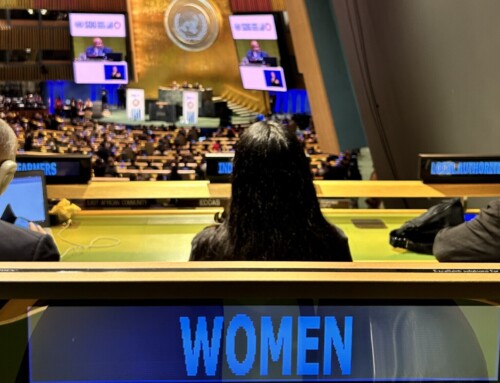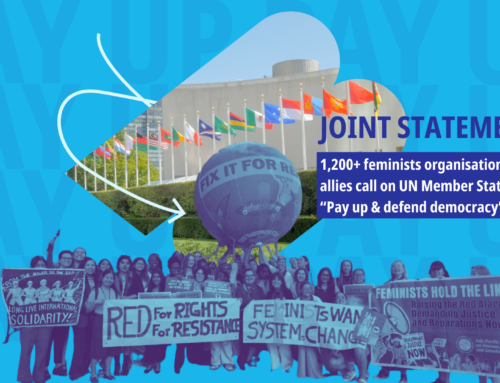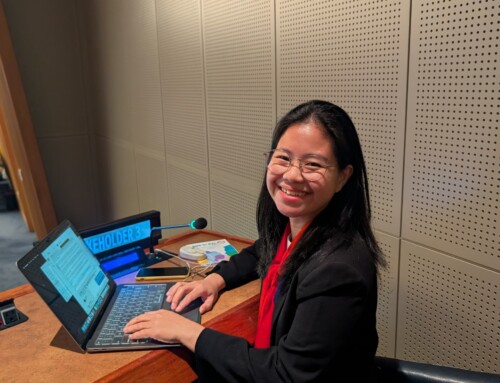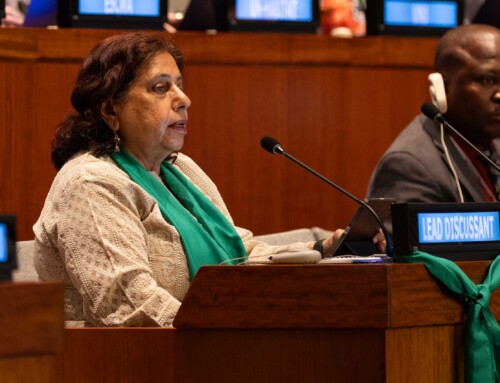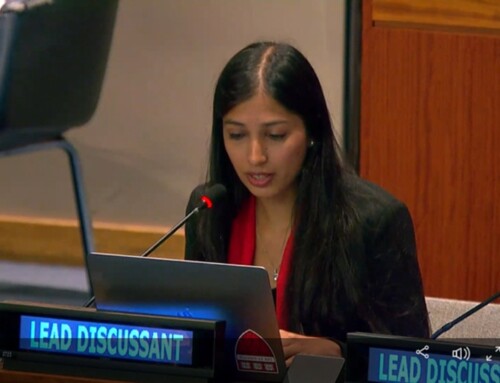In 2015, the United Nations will move from the Millennium Development Goals (MDGs) to a new set of global goals for (sustainable) development, setting the framework agenda for the period until 2030.
The MDGs were based on the Millennium Declaration in which heads of states had agreed to halve extreme poverty within 15 years through an eight-goal approach. In total, some 100 billion Euro a year in development aid funding was challenged in priority to aim and achieve the MGDs.
The MDGs have been realized only partly. Despite some progress, inequalities are on the rise in most of the world. A critical analysis of MDGs shows that addressing income inequalities alone is not enough to eradicate poverty. Governments need to address the discrimination as a root cause of inequality, including gender discrimination. Currently, some 120 countries have laws and codes which discriminate against women compared to men. There is not one country in the world which has achieved parity between men and women.
As the MDGs have not been achieved, current proposals for new goals are being developed, the so-called “post-2015 agenda”. Proposals what these new goals should be, and how to formulate the targets under each goal, are being proposed and negotiated by member states in the Open Working Group on Sustainable Development Goals, as well as by scientists (Sustainable Development Solutions Network), by business in the UN Global Compact (UNGC) and by heads of states last year as part of the High Level Panel on Post2015. The UN Development Group has been holding consultations at regional and global level with member states and civil society stakeholders in 2013, and a new round of consultations have started in 2014. All these recommendations for new goals and targets will feed into a report by UN secretary general Ban Ki Moon end 2014 which will start a last round of intergovernmental negotiations to agree on the new global goals. In addition, the President of the General Assembly has organised a series of high level thematic events on post2015.
Women and feminist organisations have been playing a key role in the Post2015 policy processes, trying to ensure that gender equality and women’s rights are at the core of the new global development agenda, both as a stand-alone goal – similar to MDG3 but much more comprehensive – as well as integrated into all the goals of the new agenda. For an overview of proposals by the Women’s Major Group at the monthly negotiations on the new goals (SDGs) at the UN in New York you can follow a.o. the WMG twitter account @Women_Rio20 and the website womenrio20.org
Summary By WECF/Women International for a Common Future (wecf.org) and Organising Partner of the Women’s Major Group on Sustainable Development (womenrio20.org).
[ultimate_heading main_heading=”Introduction to Post2015, Rio+20, Sustainable Development Goals and the Role of Women’s Organisations” heading_tag=”h5″ margin_design_tab_text=”” main_heading_style=”font-weight:bold;” main_heading_font_size=”desktop:20px;”][/ultimate_heading]

